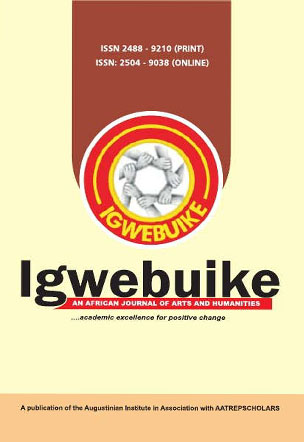
Vol. 9 No. 4, 2023
ABSTRACT
John Rawls is one of the most prominent American political and ethical philosophers of the 20th century. His major work, "Theory of Justice (1971)," laid the foundations of his most discussed conception of justice as fairness. Rawls projects a society consisting of free citizens who hold equal basic rights and cooperate within the framework of an egalitarian economic system. The citizens are under "the veil of ignorance' in their 'original position' when they access the hypothetical social contract and when the principles of justice are created. The method used in this paper is critical analysis, which is used to analyze Rawls Original position through his veil of ignorance. Rawls’s construction of the original position considers that the hypothetical people of the social contract are placed behind a ‘veil of ignorance’, which makes them unaware of their particular circumstances. These hypothetical people are constructed in a way that frees them from all prejudice and special interests. Thus, decisions made by them may be considered philosophically pure. Since the people in Rawls's original position are hypothetical, we must decide what they would believe. If the people in the original position are well defined, we can, so to speak, think through them in order to derive morally acceptable principles. Rawls ideas were considered highly ambitious and progressive. This paper aims at examining social contract theory and also exploring Rawls notion of social contract and his veil of ignorance in relation to the idea of social agreement.
